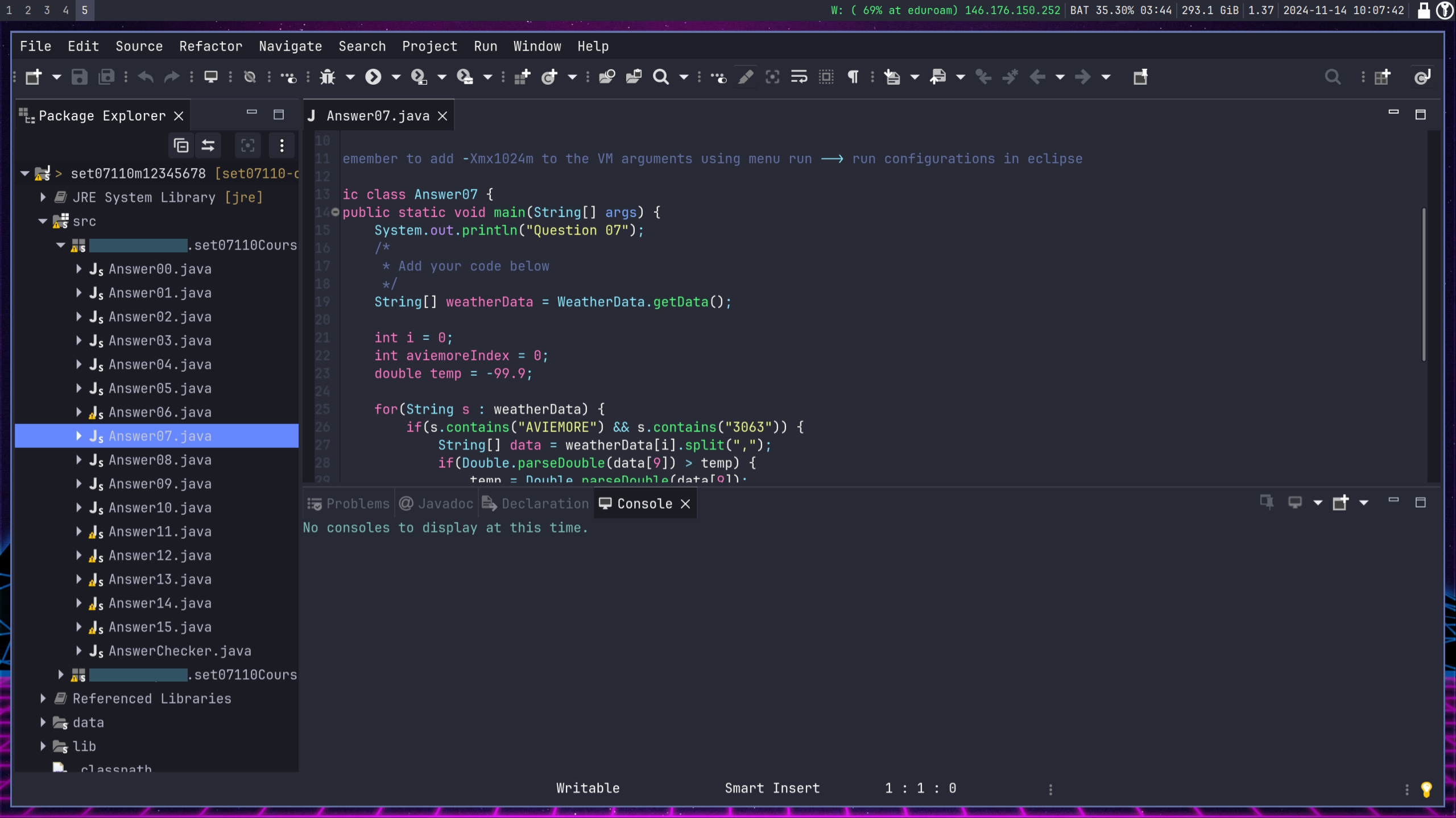this post was submitted on 14 Nov 2024
101 points (96.3% liked)
Programmer Humor
19623 readers
1 users here now
Welcome to Programmer Humor!
This is a place where you can post jokes, memes, humor, etc. related to programming!
For sharing awful code theres also Programming Horror.
Rules
- Keep content in english
- No advertisements
- Posts must be related to programming or programmer topics
founded 1 year ago
MODERATORS
you are viewing a single comment's thread
view the rest of the comments
view the rest of the comments

I mostly come to prefer composition, this approach apparently even has a wiki page. But that's in part because I use Rust that forbids inheritance, and don't have such bullshit (from delegation wiki page):
Why would one substitute
basthiswhen called fromb.ais beyond me, seriously.